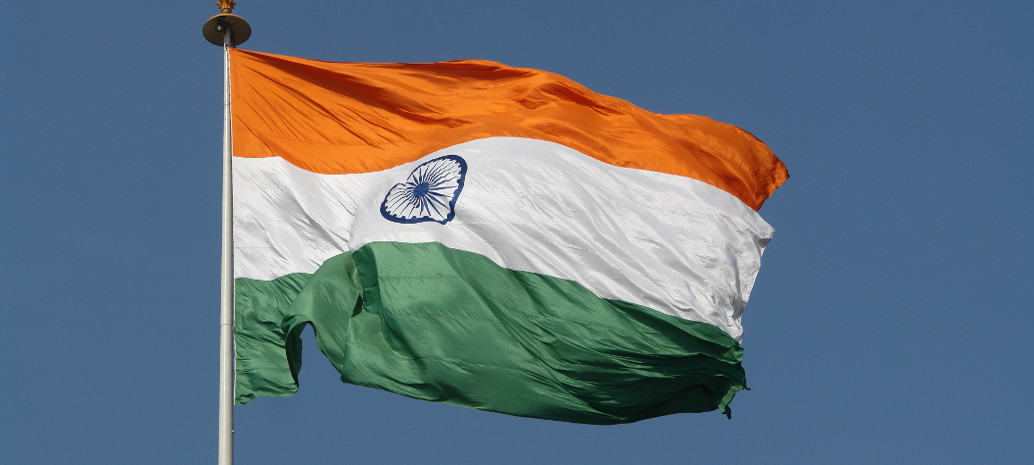The government enterprise is calling for Requests for Selection (RfS) for the installation of the project, which will be developed on a Build-Own-Operate-Transfer (BOOT) basis at the Rihand Dam (also known as the Govind Ballabh Pant Sagar Reservoir) in Sonbhadra district, Uttar Pradesh. Bids close on May 31.
According to the RfS Document released by SECI, the project will comprise three systems totaling 50 MW each, which will be connected to an existing substation at Bina, 30 km from the Rihand Dam, at 132 kV level. The solar PV modules will be selected to suit the high humidity levels.
Bidders must submit a single tariff for each plant, which will be applicable for a duration of 25 years. SECI has set the maximum tariff payable at INR 3.5/kWh (US$0.052). The generated energy will be sold to The Uttar Pradesh Power Corporation Limited (UPPCL) via Power Purchase Agreements (PPAs).
When the 25 years are up, the ownership of the project shall be transferred to Uttar Pradesh Jal Vidyut Nigam Limited (UPJVNL).
10 GW tender
In mid-December, SECI published a 10 GW floating solar tender, which aims to boost this underdeveloped portion of the nation’s solar sector over the next three years.
The first floating solar farm was completed in India in 2015 – a 10 kw array built by Vikram Solar, which wanted to assess the feasibility of such technology.
Since then, a number of projects have been announced, including the development of a 2 MW floating PV project in Andhra Pradesh; and a 600 MW floating solar array at a hydro dam in Maharashtra.
By Preeti Verma Lal
This content is protected by copyright and may not be reused. If you want to cooperate with us and would like to reuse some of our content, please contact: editors@pv-magazine.com.








2 comments
By submitting this form you agree to pv magazine using your data for the purposes of publishing your comment.
Your personal data will only be disclosed or otherwise transmitted to third parties for the purposes of spam filtering or if this is necessary for technical maintenance of the website. Any other transfer to third parties will not take place unless this is justified on the basis of applicable data protection regulations or if pv magazine is legally obliged to do so.
You may revoke this consent at any time with effect for the future, in which case your personal data will be deleted immediately. Otherwise, your data will be deleted if pv magazine has processed your request or the purpose of data storage is fulfilled.
Further information on data privacy can be found in our Data Protection Policy.